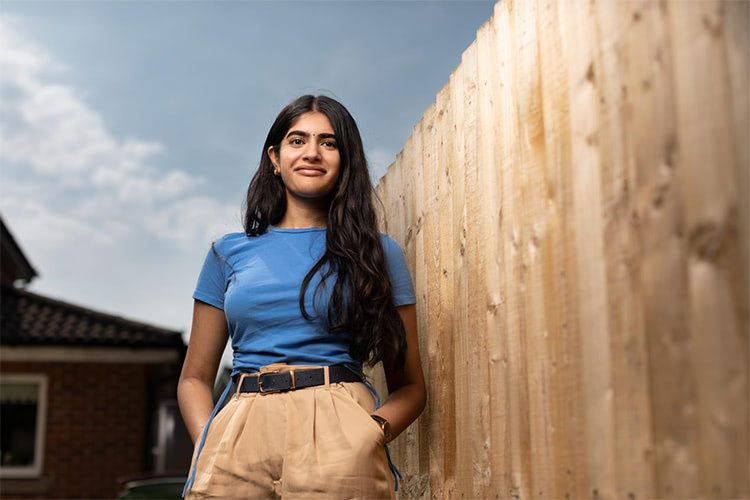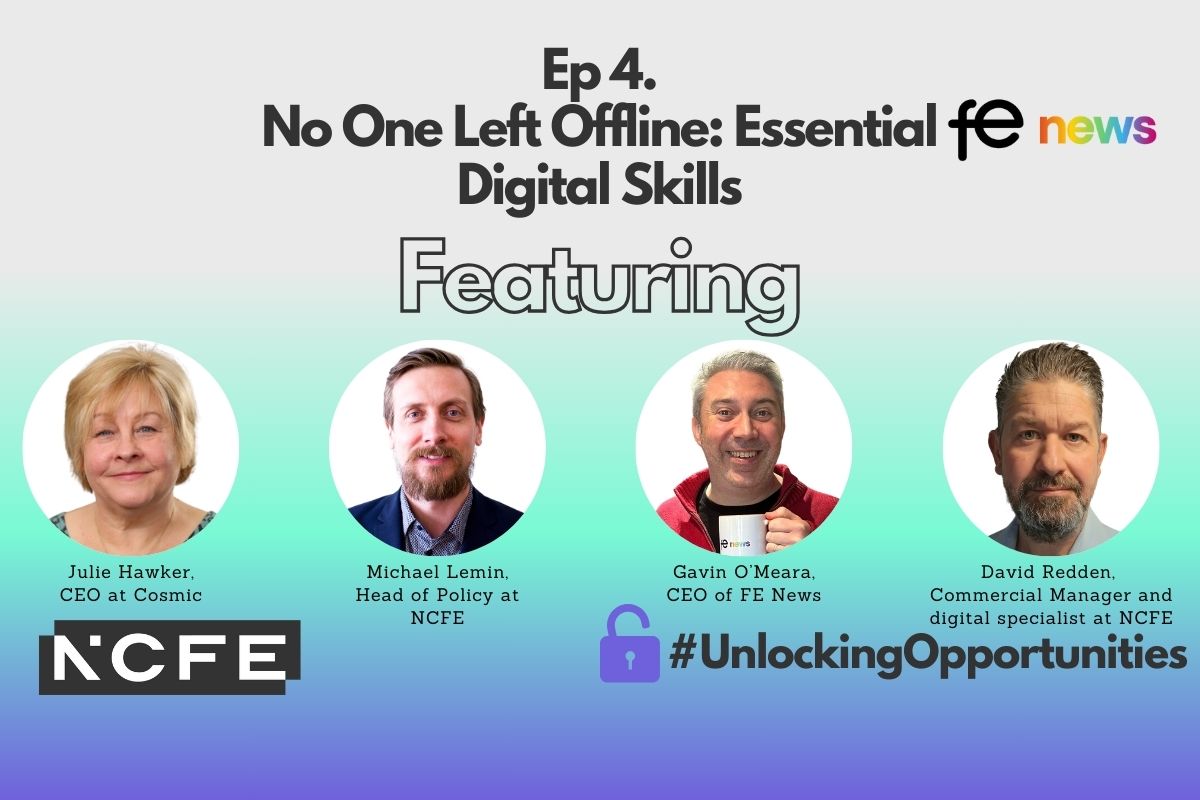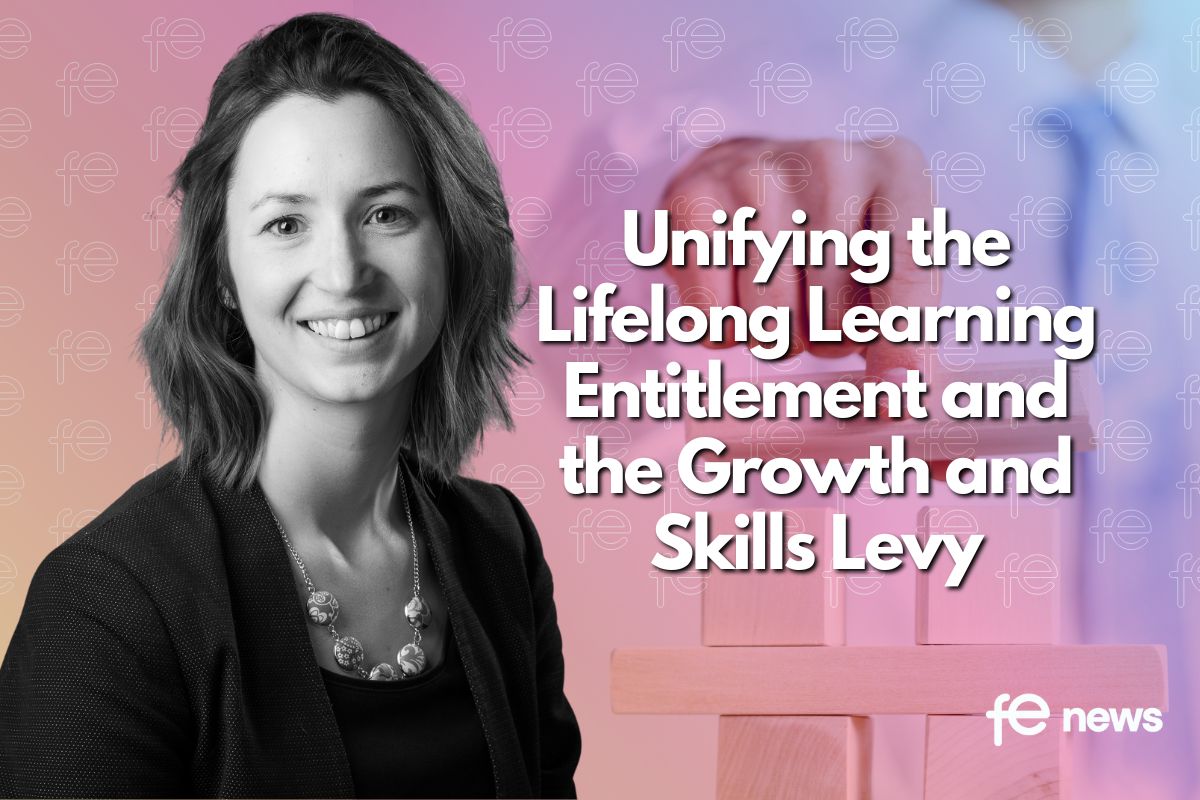Edge Hill Medical student is challenging the status quo

“You don’t need to be from a privileged background to become a doctor,” says Heral Vaghela, a medical student at @EdgeHill University who is on a mission to break down the societal barriers to a career in medicine.
The 19-year-old student, from Bolton, has dreamt of being a doctor since she was a young girl.
She said: “I’ve always had an idea of what I wanted to do with my life, to help people. But I’d never been exposed to mainstream medicine in any form, I didn’t have a family member or a teacher who I could go to for advice like other people might have.
“My dad is a builder, and my mum was a cashier but is no longer working for health reasons. We’ve always been comfortable in the sense that my parents have been able to provide for us and while we’re by no means a privileged family, they’ve always supported me regardless of how much money we had.
“But when you’re an outsider it’s scary, because it feels like there’s that extra obstacle in the way to stop you from getting your foot in the door.”
In 2019, she was one of 17 students who formed the first cohort of the Foundation Year for Medicine programme, designed to give bright students from the North West, whose backgrounds might otherwise limit their life chances, the opportunity to study medicine.
This September, Heral will be starting a five-year undergraduate programme at Edge Hill’s brand-new Medical School.
The new school is one of only three new freestanding medical schools in the country and the only one in the North West of England. It aims to recruit North West students who understand the needs of their local communities and will hopefully remain in the region post-graduation.
A Selecting for Excellence report in 2014 found that 80% of medical students in the UK come from just 20% of secondary schools.
More alarmingly, between 2009 and 2011, half of all UK schools did not produce a single applicant to medicine, meaning that the lack of doctors from lower socio-economic backgrounds entering the profession is still a reality.
Heral said: “For me, this was the only realistic route I had into the profession. I had to watch YouTube videos to learn how to write my UCAS personal statement because I didn’t have the insight from a parent or mentor to guide me on what I should or shouldn’t have included. My siblings and Sixth Form tutor helped me the best they could but none of them had a medical background.
“The Foundation Year programme encouraged applicants who attended a non-selective state school where attainment was below national average or who went to a non-selective state school and lived in an area with a high level of multiple deprivation. It wasn’t actually until I researched into it that I discovered that my high school was in a deprived area, it had never crossed my mind until that moment.”
Like thousands of students across the country, Heral’s university experience stalled in March when the nation went into lockdown and educational institutions were forced to move all teaching online within a matter of days.
Despite the impact Covid-19 had on her studies, Heral said:
“I’ve had such a positive experience in my first year; having to learn online for the last few months hasn’t changed that. You get so many opportunities to expand your knowledge and, as it’s such a small group, you get a lot of one-to-one support. If you need help, there’s always someone there to ask.
“Since I’ve started the course, I’ve been involved with the Widening Access to Medicine programme and I am also the co-president of the Medical Society. We go out to schools and talk to children about careers in medicine. We show them that you don’t need to be from a privileged background to become a doctor. If I can do it, you can do it, too.”











Responses